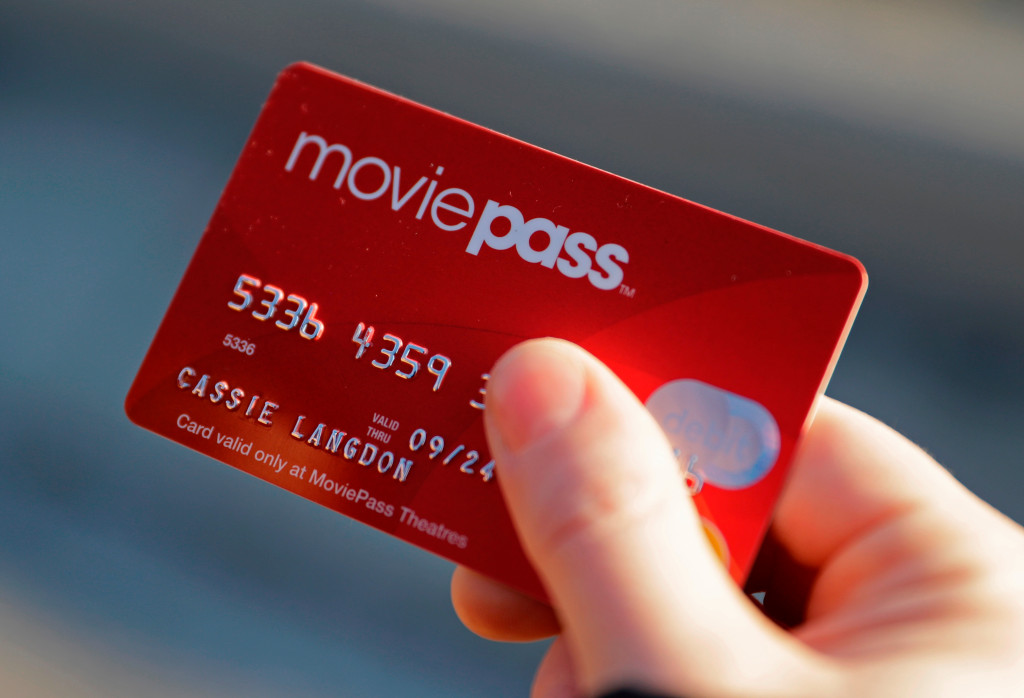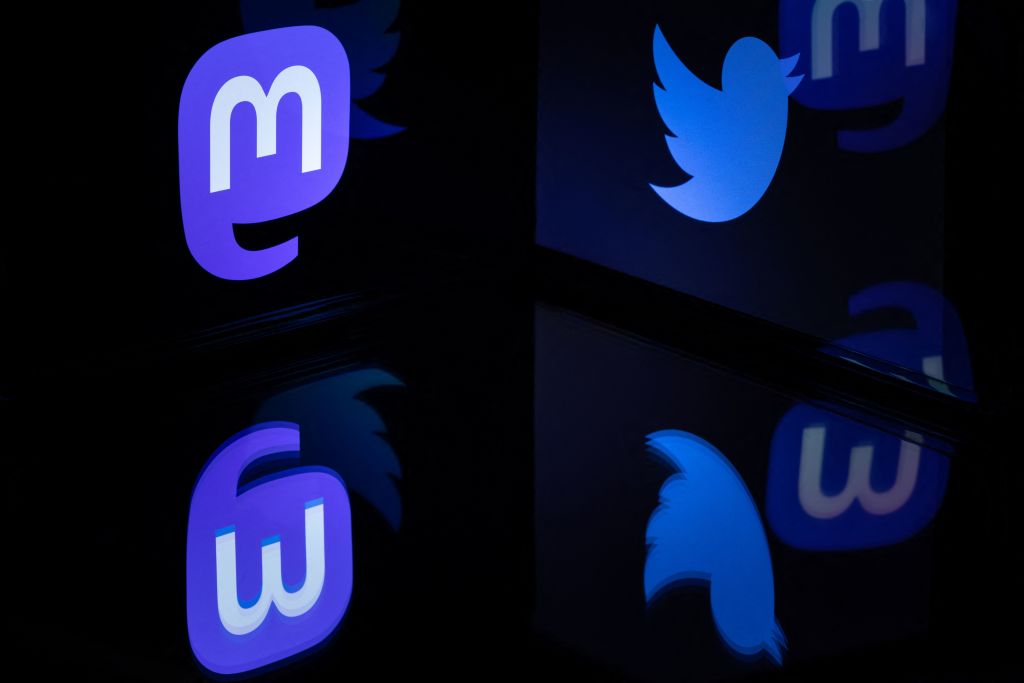Is the end near for MoviePass, the popular subscription movie-going service with more than 3 million subscribers?
MoviePass experienced “technical difficulties” that prevented many subscribers from using the service Thursday, with its Twitter account saying it was related to its “card-based check-in process.”
But the real reason for the technical difficulties? MoviePass ran out of money to buy tickets, according to an SEC filing its parent company made on Friday.
The parent company, Helios and Matheson, then borrowed $6.2 million — $5 million of which was cash — from Hudson Bay Capital Management in order to restore its service. The $5 million cash was used to “pay the company’s merchant and fulfillment processors,” the SEC filing said — in other words, to buy the movie tickets subscribers order on the app.
“If the company is unable to make required payments to its merchant and fulfillment processors, the merchant and fulfillment processors may cease processing payments for MoviePass, Inc. (“MoviePass”), which would cause a MoviePass service interruption,” wrote Helios and Matheson CEO Ted Farnsworth in the SEC filing. “Such a service interruption occurred on July 26, 2018. Such service interruptions could have a material adverse effect on MoviePass’ ability to retain its subscribers.”
Helios and Matheson issued a statement on Friday afternoon about the technical difficulties — but did not address the loan or the cash shortage:
“We apologize for the inconvenience caused by a temporary outage in our app over the past day,” said Helios and Matheson. “We have handled the issues on the back-end, and our app is now up-and-running with stability at 100%. We thank our members and our community for their patience and ongoing support, and we appreciate their commitment to our vision as we revolutionize the movie industry. We’ve also posted a letter to subscribers on our social media channels and in our app communicating adjustments to the service and our plans for the future.”
The company’s financial difficulties come as no surprise to many who have watched its business. Its three million subscribers pay a fixed amount per month — currently the price is $9.95 — in exchange for tickets to an unlimited number of movies. It doesn’t take too many movie outings per user before MoviePass is losing money on a subscription. Still, the popularity of the service has rocked the movie theater industry, and many chains are offering their own subscription services, although none is as good a deal as MoviePass.
News of Helios and Matheson’s loan sent its stock price spiraling down Friday. When Friday’s trading closed, Helios and Matheson’s share price was at $2.00 — more than 70 percent lower than when it opened.
On Wednesday, Helios and Matheson completed a reverse stock split — a move in which multiple shares are coalesced into a smaller number of shares — to avoid being delisted from the stock exchange. On Tuesday’s closing, Helios and Matheson’s shares were at 8.5 cents; the Nasdaq stock exchange sometimes removes company shares from its exchange if they are below the $1 threshold for more than a month.
With the reverse stock split, where every 250 shares in the company became one single share, Helios and Matheson’s new share price would have been around $21. However, when Wednesday’s trading began, Helios and Matheson shares immediately lost a third of its value, starting at $14.26.
In two days since the reverse stock split, Helios and Matheson share prices have dropped 86 percent.










